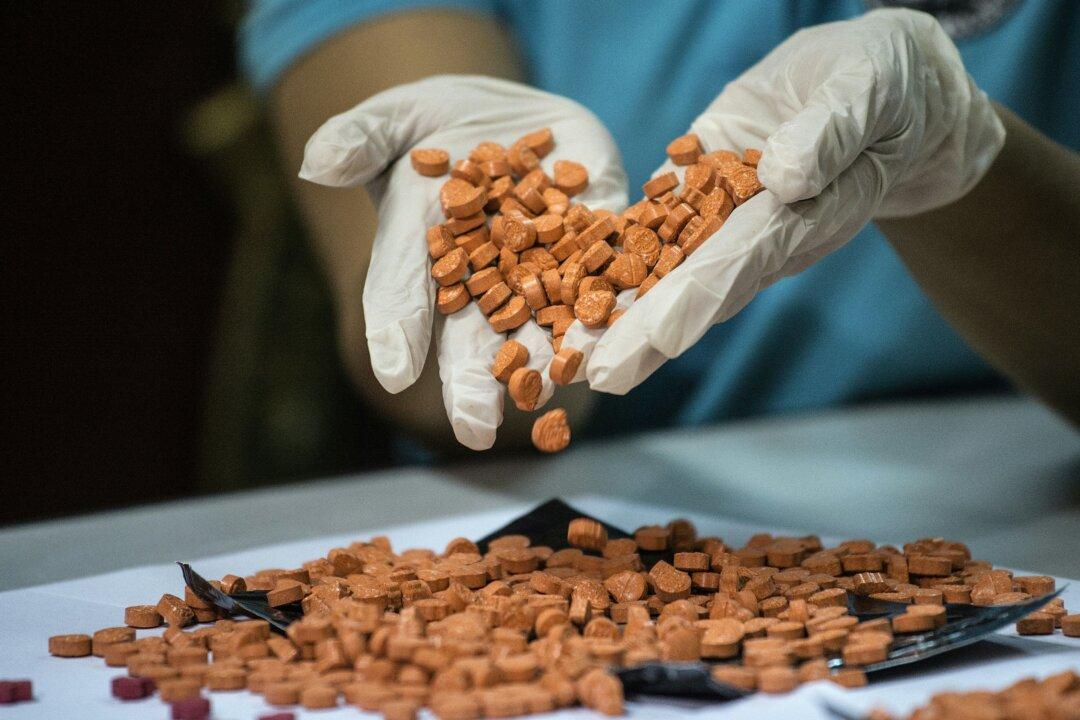California passed a new law Sept. 30, approved by the governor, that will allow doctors to prescribe certain illicit drugs, if they are ultimately federally rescheduled, such as MDMA or psilocybin—found in “magic mushrooms.”
Currently, the federal Controlled Substances Act classifies drugs and chemicals into five schedules based on their potential for abuse. Under federal law, drugs classified in schedules 2 through 5 are recognized as acceptable for medical usage, while Schedule 1 drugs cannot be prescribed by a doctor.





